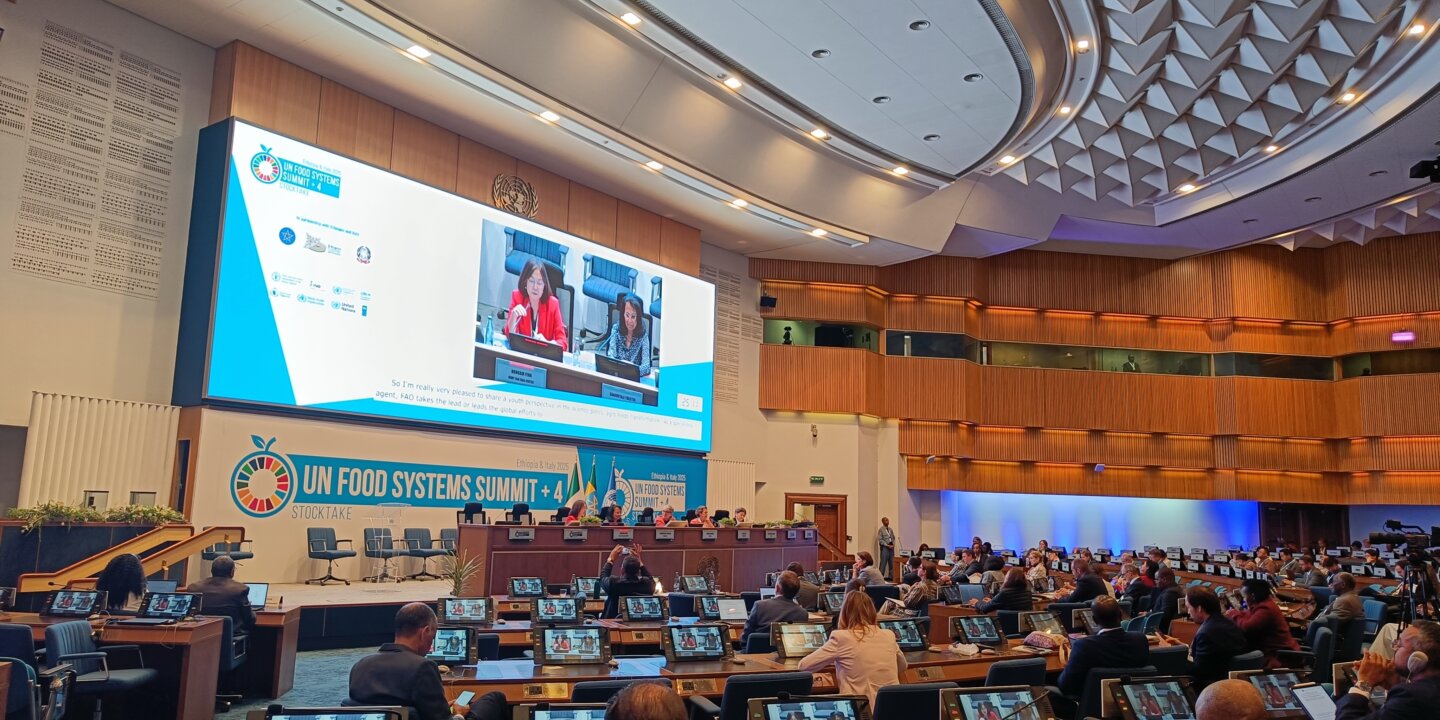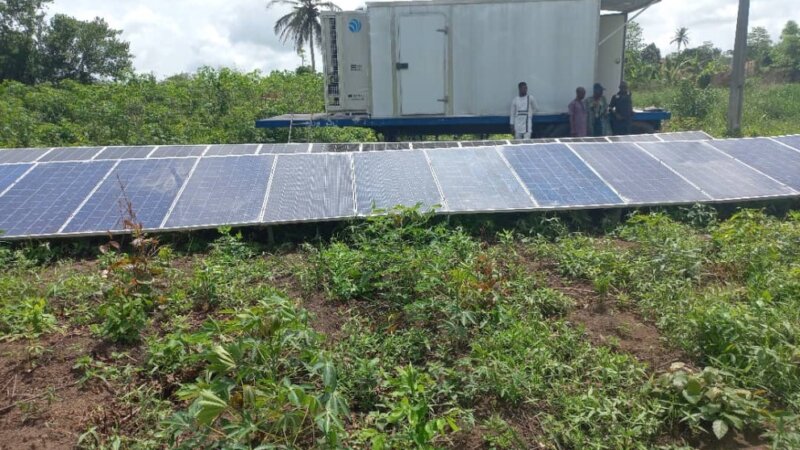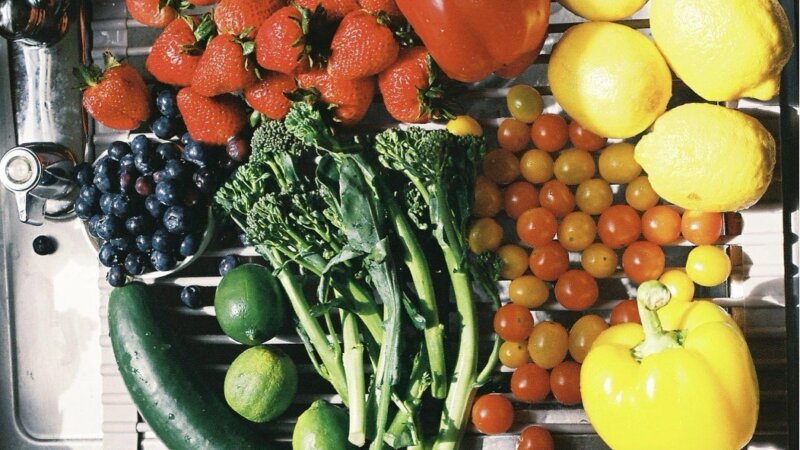The UNFSS+4 Stocktake: Key Takeaways

The UN Food Systems Stocktake+4 has concluded: three days of engagement featuring field trips, high-level dialogue, diverse perspectives, networking, and reflection on the progress and challenges in transforming our food systems. Hosted in Addis Ababa by the governments of Ethiopia and Italy, in collaboration with the UN Food Systems Coordination Hub, the event convened ministers, national convenors, civil society, private sector leaders, researchers, and international organisations from around the world. Nearly 3,000 delegates attended, showing strong global, especially African, engagement.
Now that the conversations have settled, the question is: What did this Stocktake bring us?
The Stocktake was designed as both a reality check and a dose of momentum. Although no formal outcome document has been shared yet, the event revealed both meaningful progress and pointed critique. On one hand, countries remain engaged, collaboration is deepening, and there is a shared recognition that more action is urgently needed. On the other hand, stakeholders expressed concern that the Stocktake itself fell short, citing lack of inclusivity and concrete follow-through, noting limited new commitments, a lack of genuine stocktaking, and imbalances between attention to issues of food systems in the Global South and North.
Here we will share some of our preliminary key takeaways – what we saw, what we learned, and how we are moving forward in our shared mission to make food systems more inclusive, sustainable, and resilient.
"Who's at the table?": Roles, representation, and resources
Across the wide range of plenary discussions, investment forums, and side-events, several recurring themes emerged, reflecting both the progress made and the challenges ahead in food systems transformation:
- Multistakeholder partnerships were widely recognised as essential for driving innovation, scaling solutions, and mobilising resources. Many sessions showcased real-world examples of how collaboration between governments, businesses, research and NGOs is already making a difference on the ground. Trust and good human connections were recognised as critical for building stronger partnerships and achieving collective progress. However, various stakeholders echoed an ongoing need to balance voices, deepen co-creation processes, and ensure inclusive participation in decision-making processes.
- National food systems convenors were acknowledged as pivotal actors in turning national pathways into practice. Their contributions showcased both achievements and structural challenges, and underscored the need for continued and demand-driven support.
- Many countries and stakeholders flagged funding gaps as a critical barrier to implementation. A consistent call was made for scalable, flexible, and long-term investments to match national ambitions with the necessary means to deliver.
"We are not there yet": Metrics show mixed progress
- The UN Secretary-General's Stocktake Report
Published in advance of the summit, the UN SG’s report provides a comprehensive overview of the progress made since the 2021 UN Food Systems Summit. It documents the evolution of national food systems pathways, emerging coalitions and actions, and outlines priority areas where implementation must be accelerated. The report underscores that while momentum exists, it must be translated into institutional capacity, sustained financing, and inclusive governance to achieve lasting transformation.
- State of Food Security and Nutrition in the World (SOFI) Report
The 2024 SOFI report, launched during the Stocktake, provided a sobering update: It is estimated that between 638 and 720 million people, or between 7.8 and 8.8 percent of the global population, faced hunger in 2024. This overall progress is largely driven by improvements in South-eastern Asia, Southern Asia, and South America. However, the global decline masks a troubling trend: hunger continues to rise in many parts of Africa and in Western Asia, highlighting deep regional disparities in food security. - The Food Systems Countdown Initiative (FSCI)
The FSCI presented a comprehensive look at food systems transformation across 50+ countries. Of 42 tracked indicators, only 20 are moving in a positive direction. These indicators span environmental sustainability, nutrition, equity, livelihoods, and governance; highlighting the fragmented pace of progress and the need for deeper, systemic change.
The data reaffirm the urgency: transformation is underway, but uneven. Many countries are making strides, often under difficult conditions and in complex settings, but sustained investment, deeper partnerships, and better alignment between global and local efforts are critical to deliver on the promise of equitable and sustainable food systems.
This calls for acceleration!
The Stocktake was not only about reflection. It was a key moment to identify and promote action-oriented initiatives and collaborative momentum. A standout development was the launch of the Food Systems Accelerator, a new effort aimed at helping countries implement and scale their national food systems pathways. The initiative brings together a strong coalition of partners, including GAIN, SUN, GIZ, Akademya2063, and NFP, that will closely collaborate with FAO and the UN Food System Coordination hub, in responding to country demand.
- The governments of Ethiopia, Rwanda, Bangladesh, and Somalia expressed clear support for the Accelerator’s potential to deliver practical impact at the country level.
- Key global institutions such as the World Bank Group (WBG) and IFAD also showed strong interest, particularly in aligning financing mechanisms with locally driven priorities.
This initiative reflects a growing recognition: accelerating food systems transformation requires both operational capacity and strategic collaboration, especially when it comes to linking investment with on-the-ground results.
NFP actively contributed to highlighting this agenda throughout the Stocktake:
- At the Accelerating Public-Private Collaboration for Local Impact side-event by WBCSD , NFP shared its experience in building and facilitating multi-stakeholder partnerships, with a focus on how such collaboration can deliver measurable results. The discussion highlighted the importance of data-driven approaches that respond to the specific information needs of global funders.
- In a side-event hosted by SeedNL, participants explored public-private collaboration in seed sector transformation. The session provided practical insights into how partnerships can drive innovation and inclusivity in agricultural development.
- NFP also co-hosted a networking dinner with the Food Systems and Biodiversity Partnership, gathering 45 representatives from over 15 countries. The exchange generated new ideas for the partnership’s agenda reflecting the strength of informal settings in facilitating deep dialogue to identify shared priorities that could drive integrated biodiversity-food systems action forward.
- At the side-event organised by the True Value of Food Coalition, in collaboration with the Government and universities of Italy, participants emphasised the urgent need to enhance sustainability across food systems. The session focused on methodologies to account for externalities, both costs and benefits, and how these insights can guide decision-making for positive, systemic impact.
- In the High-Level Panel on the HDP Nexus (Transformation in Complex Settings), led by WFP, UNICEF, and the HDP Nexus Coalition, speakers emphasised that transformation is already taking place in fragile and crisis-affected settings. The panel issued a resounding call for more integrated action, fewer silos, and long-term support that prioritises dignity over dependency.
As we reflect on the Stocktake, we also recognise the strong alignment with the Netherlands Food Systems agenda; the importance of collaboration across sectors and scales; and the clear need to translate commitments into measurable, inclusive, and scalable action.
We must continue to invest in these multilateral processes; they are critical in moving forward food systems transformation. At the same time, we must make room for more diverse perspectives and open critique, so that they become not only more inclusive, but more legitimate and capable of meaningful change.
We extend our sincere thanks to the governments of Ethiopia and Italy and the UN Food Systems Hub for their leadership and warm hospitality. As NFP, we leave the Stocktake inspired, informed, and ready to continue building inclusive, resilient, and sustainable food systems, together.
Authors

Ruth van de Velde
Partnership Builder

Nicole Metz
Senior Knowledge Broker - Netherlands Food Partnership



